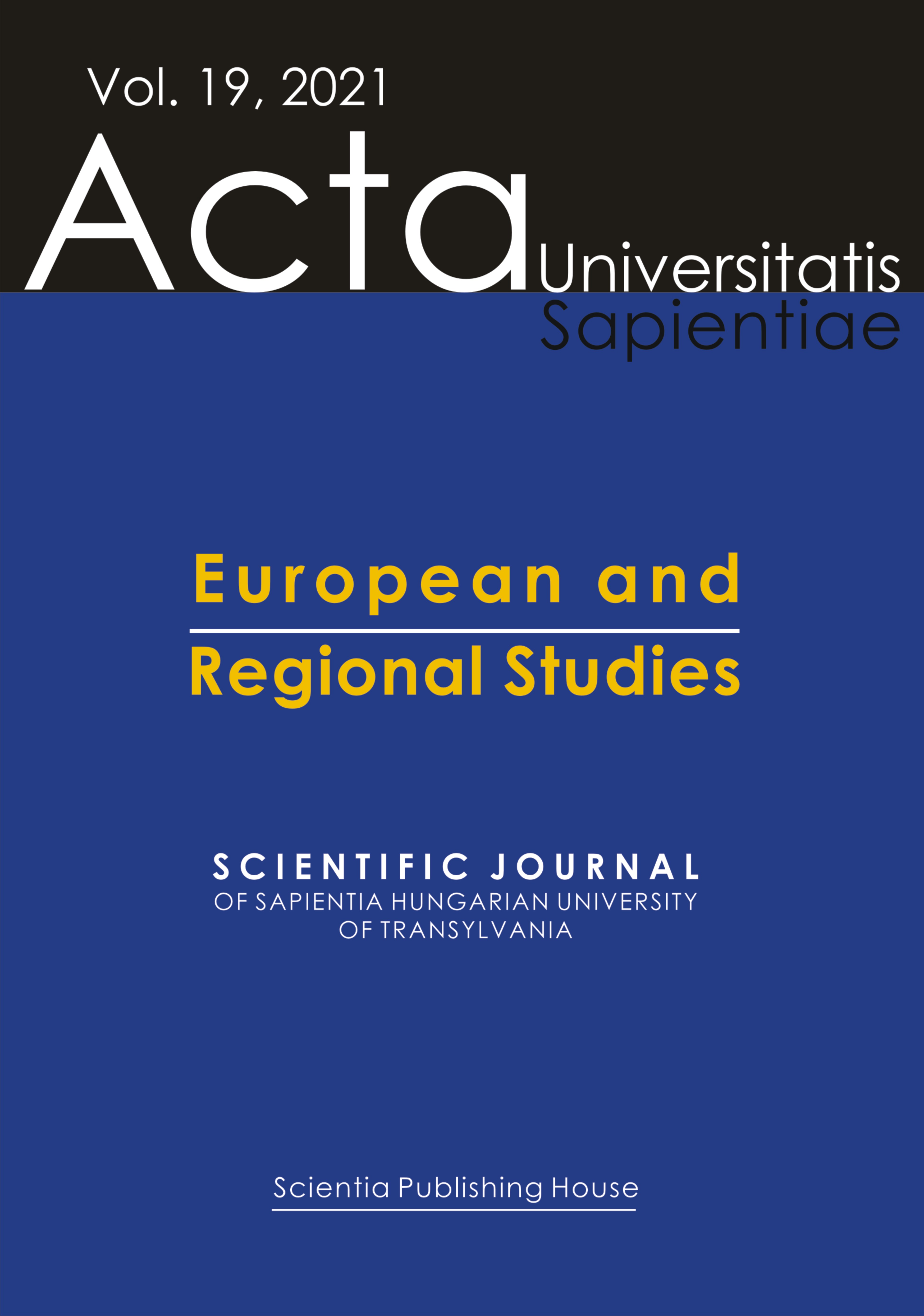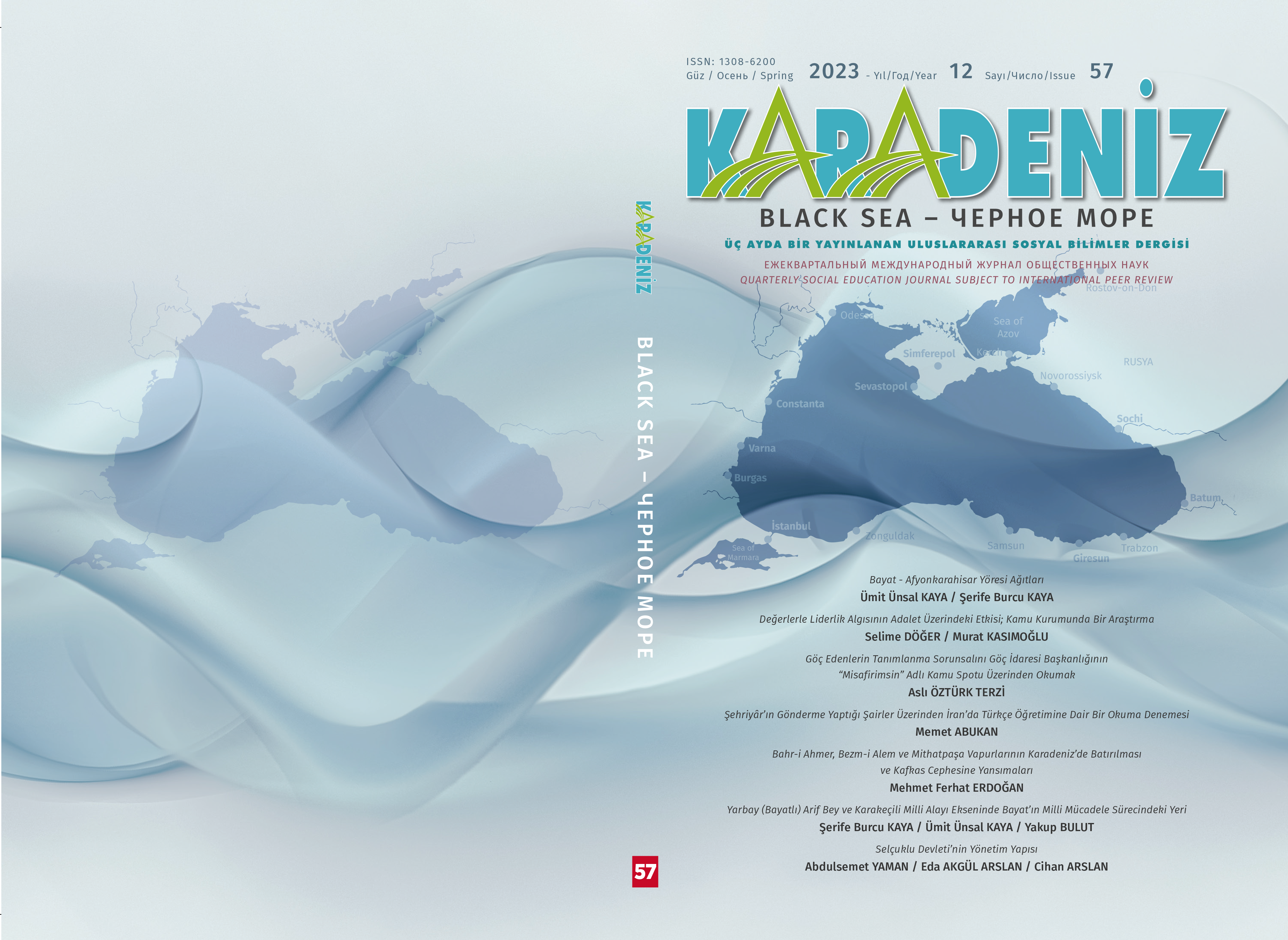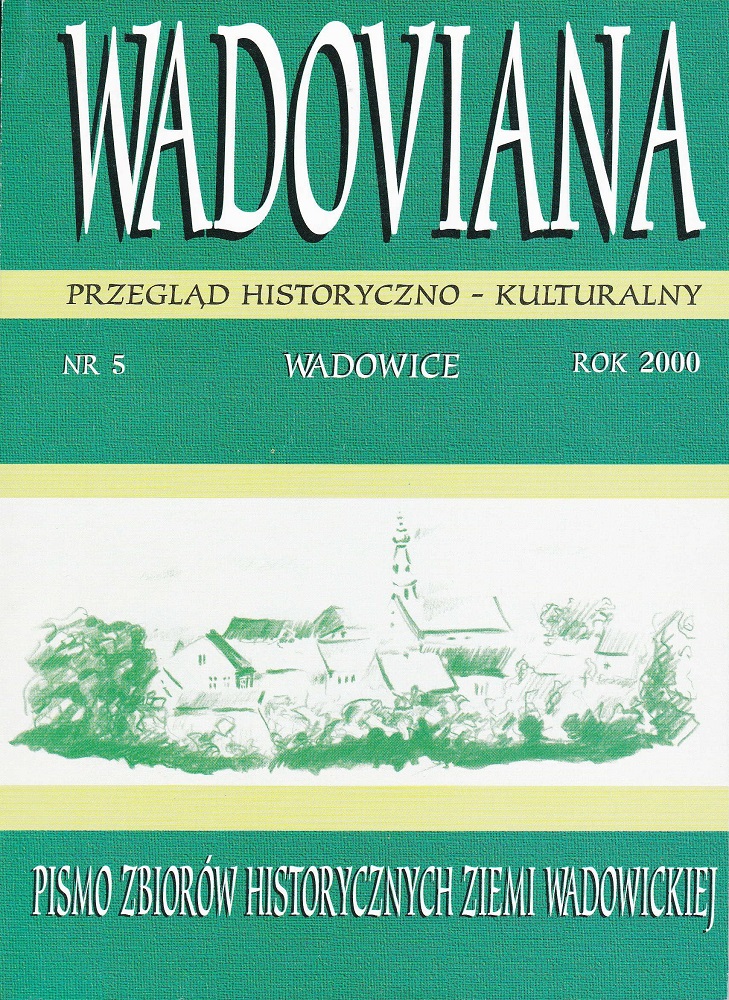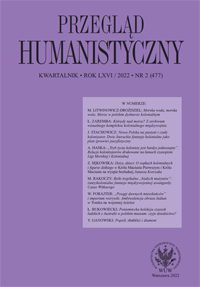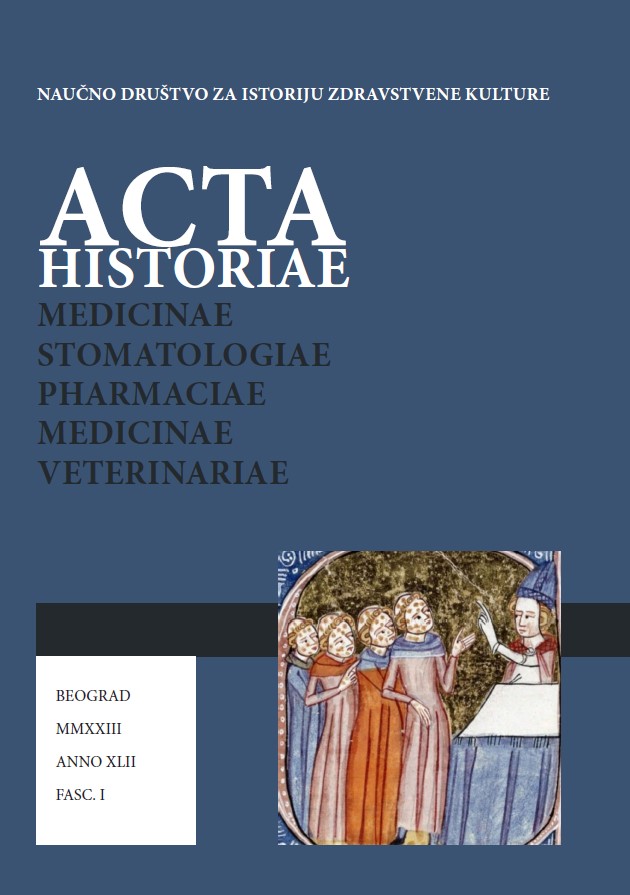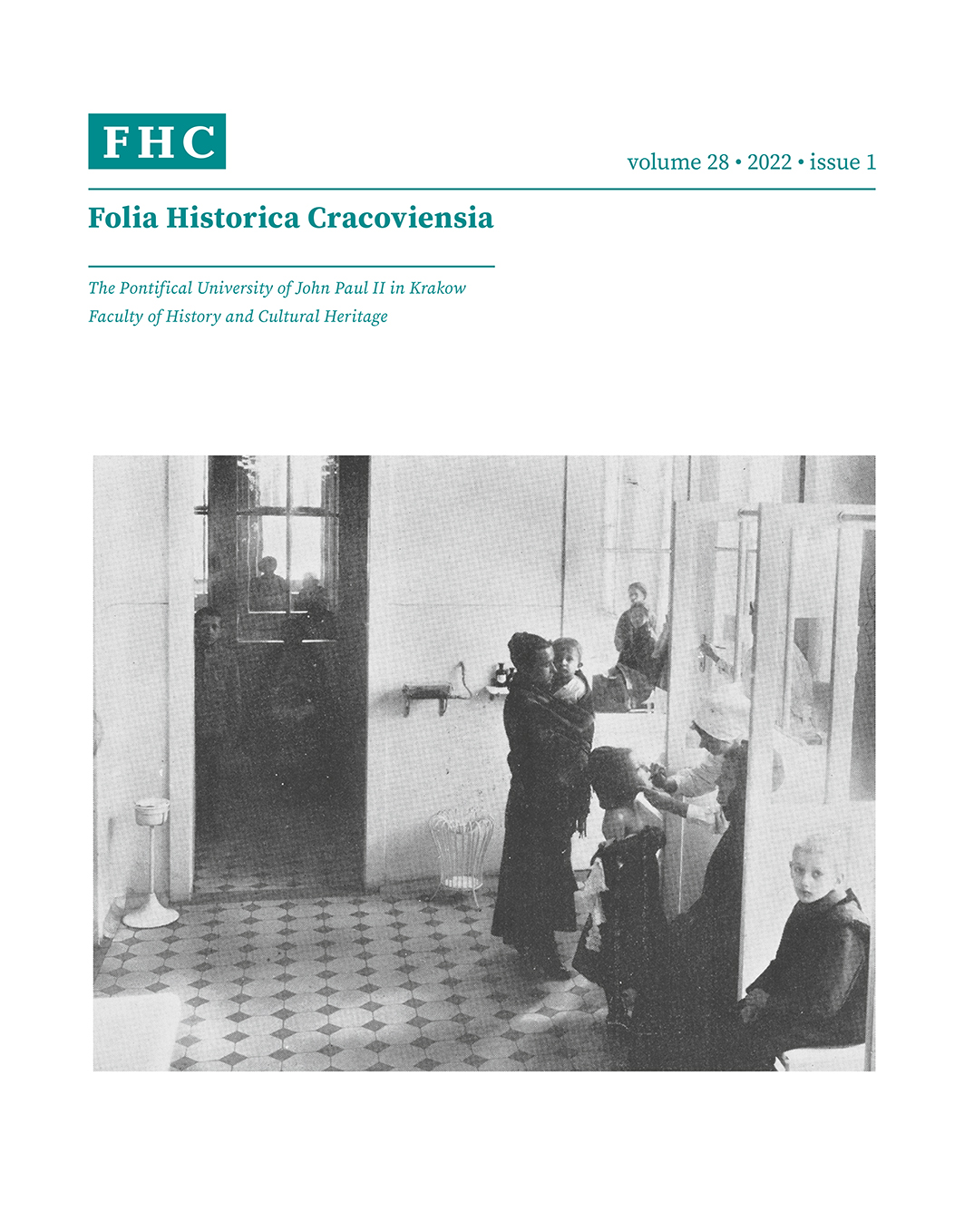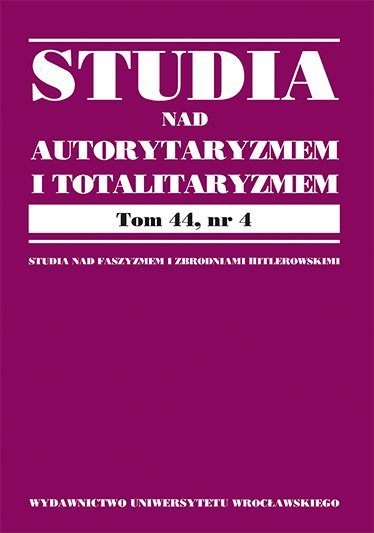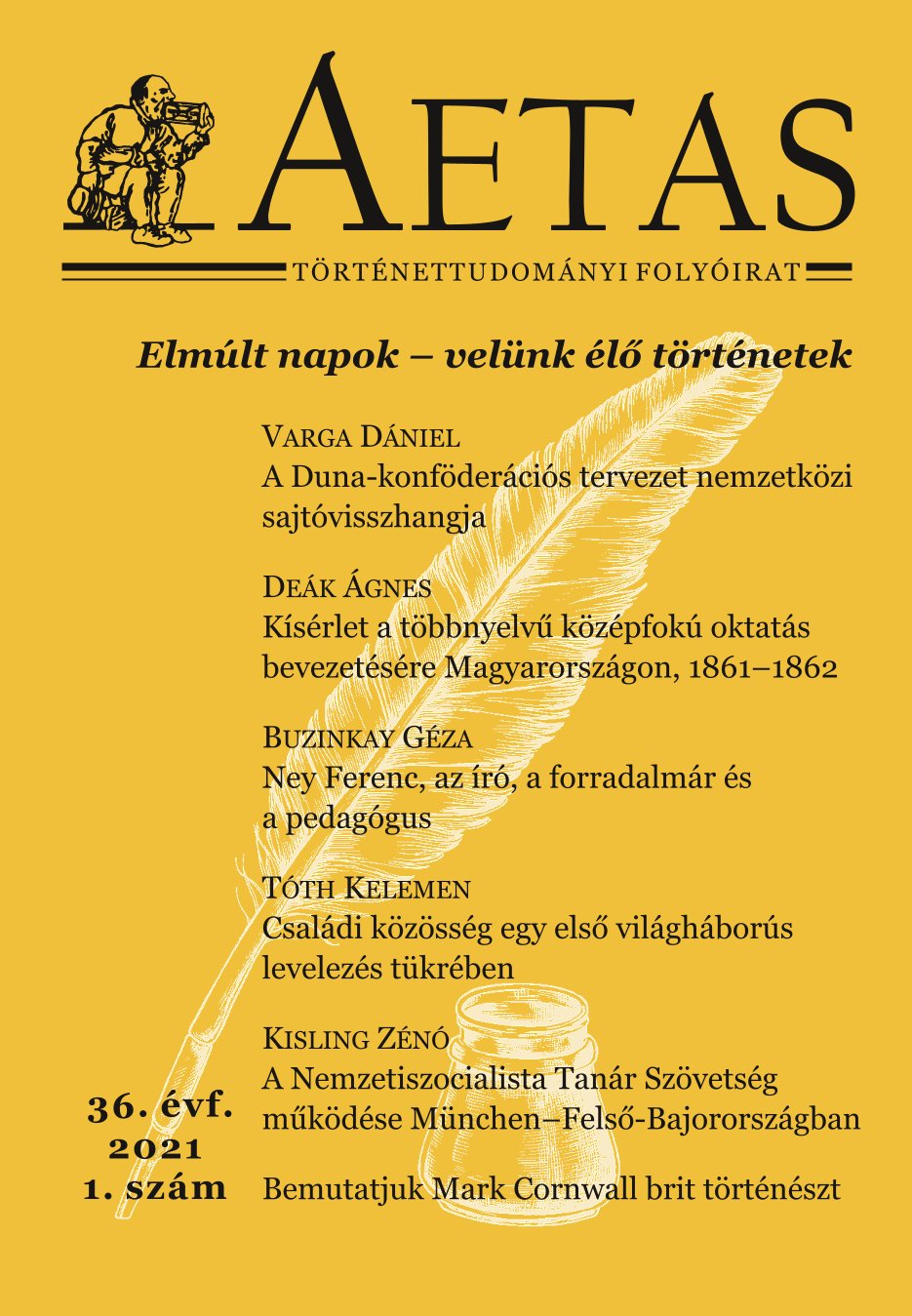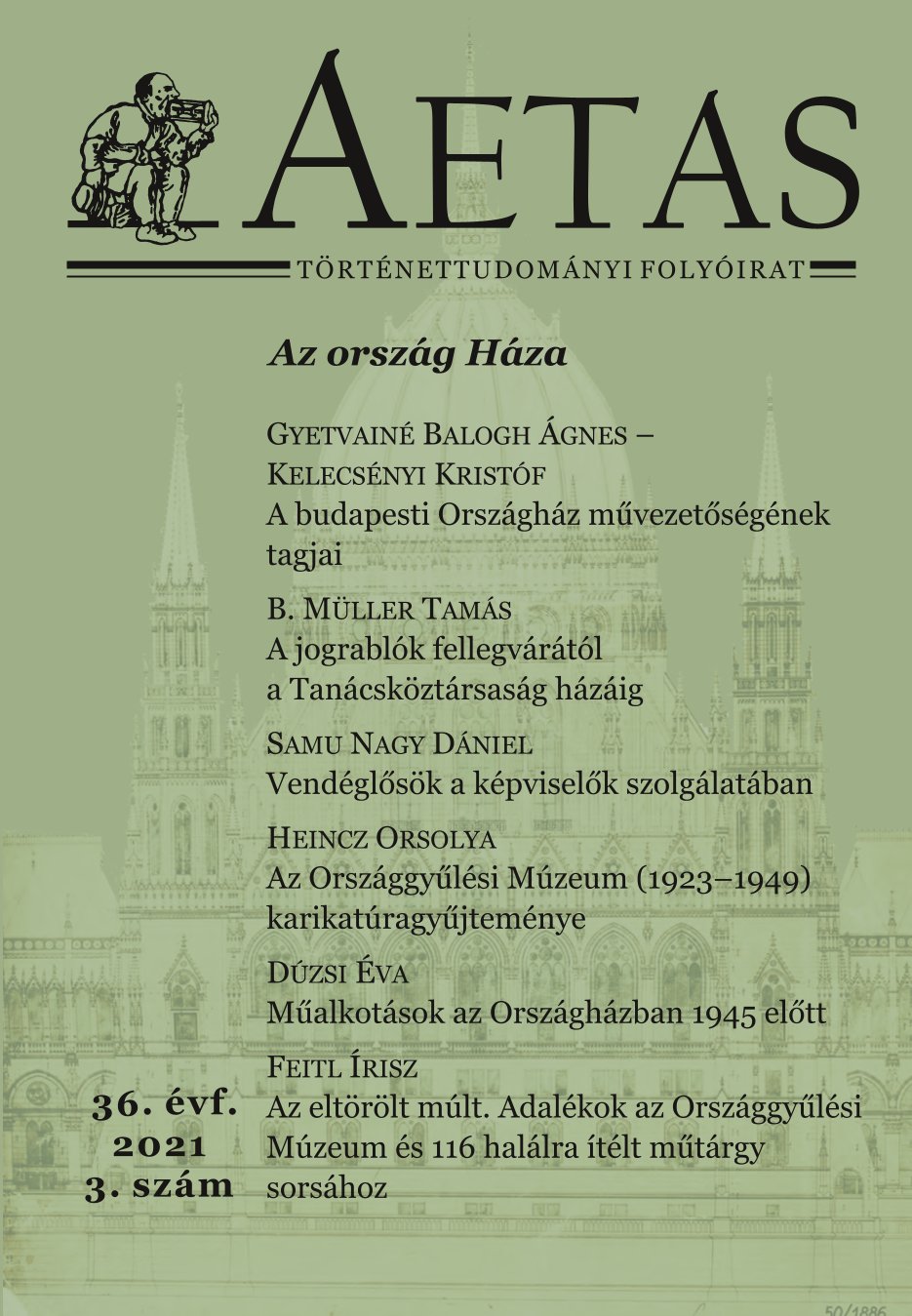Author(s): Milivoj Bešlin,Srđan Milošević / Language(s): English,Serbian
Issue: 1/2023
The paper analyses the society of the newly created Kingdom of SCS/Yugoslavia, which aroused great expectations from various members of the intellectual elite. Majority of them, educated in the West as the “planned elite”, returned to the country to help its social development. Nevertheless, the case of the Viennese professor, the influential European pathologist and oncologist Prof Dr Đorđe Joannović (1871-1932), although different from others, can be considered paradigmatic. Returning to the country of his parents and leaving the comfortable life of Viennese scientific circle Joannović devoted himself to building several medical institutions in Belgrade, from the Faculty of Medicine to the Institute of Pathology. However, many who, like Dr Joannović, enthusiastically came to the new country, ready to work and contribute to its overall development, experienced severe disappointment, and even personal tragedy. In this context, the fate of the famous doctor and distinguished Viennese professor, the first Serbian oncologist, one of the world’s pioneers in the study of autoimmune diseases, the founder of many medical institutions and the world-renowned scientist, is one of the paradigms of the Yugoslav society. The strong connection with the students and the support he provided to them, his loyalty to the principles of university autonomy and his reluctance to put himself at the service of the authoritarian and repressive government brought him into conflict with the bearers of the state terror of the Sixth of January regime. From the conflicts and pressures to which he was exposed from the top of the government, the well-known and recognised European scientist seeked salvation in suicide.
More...
